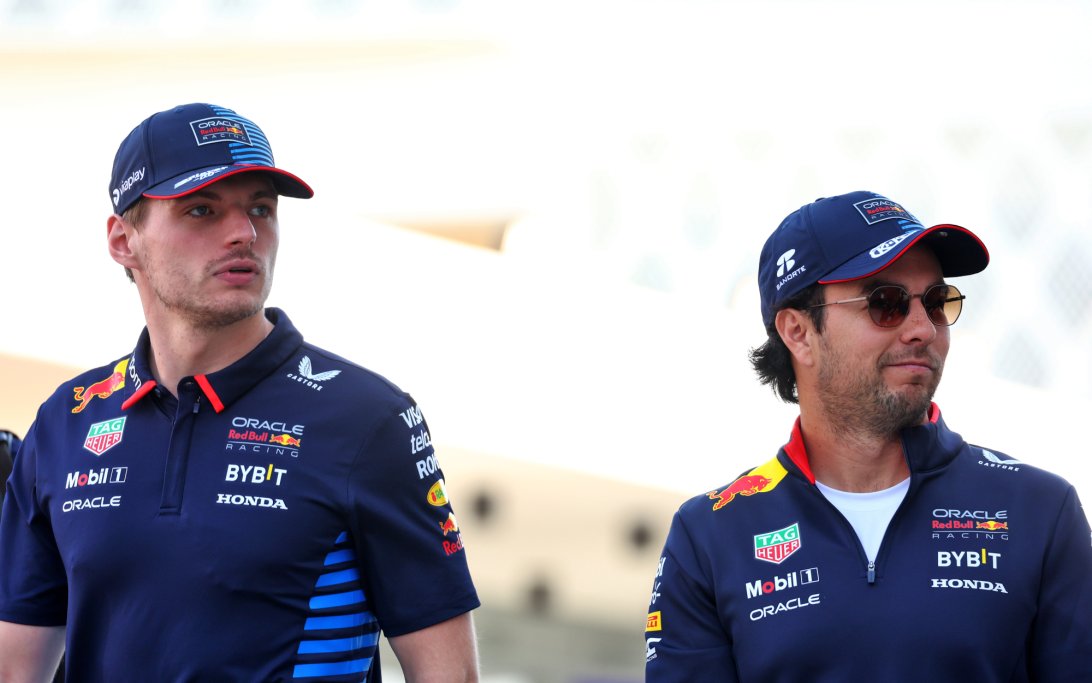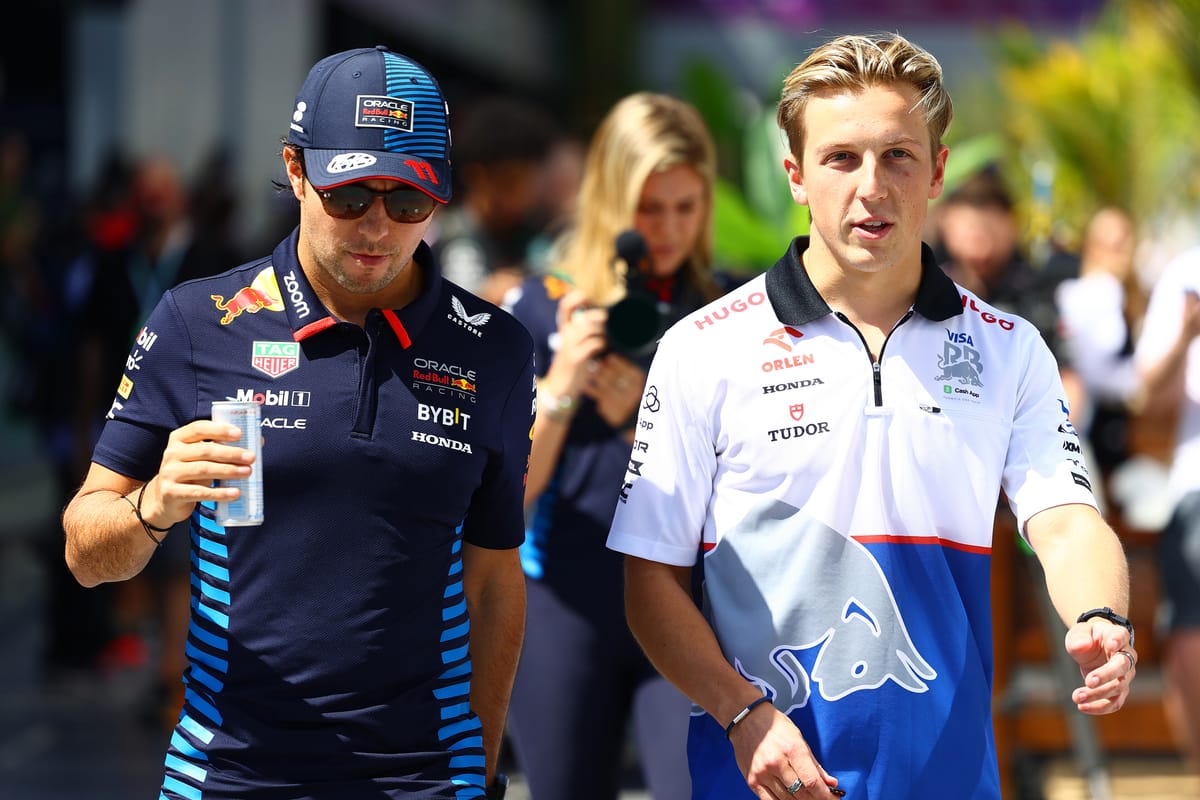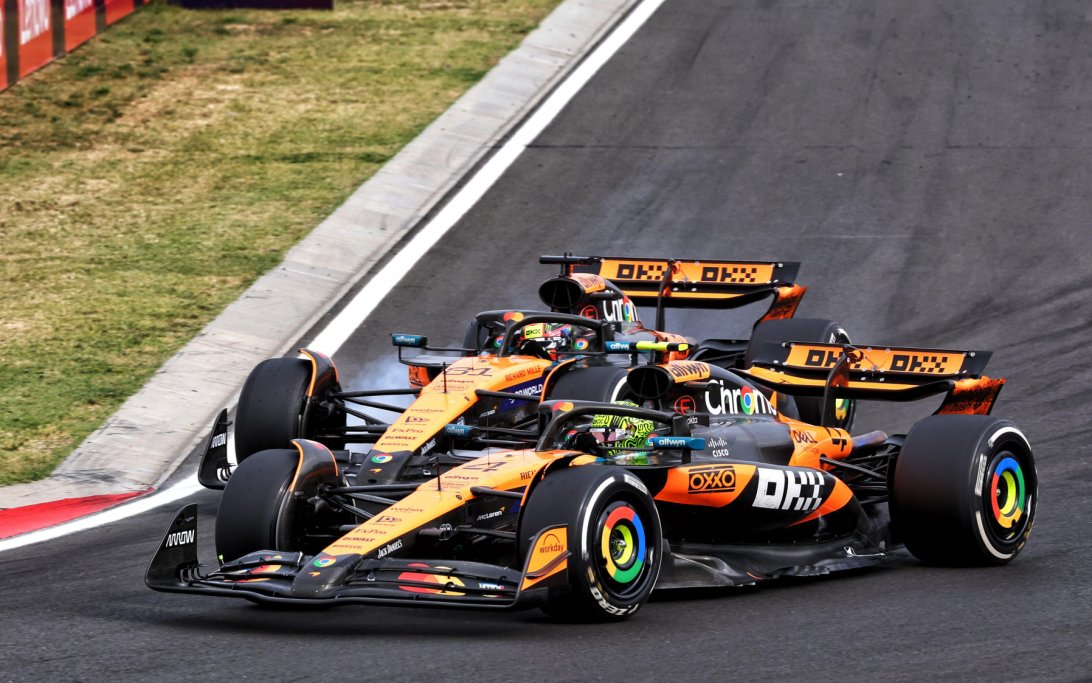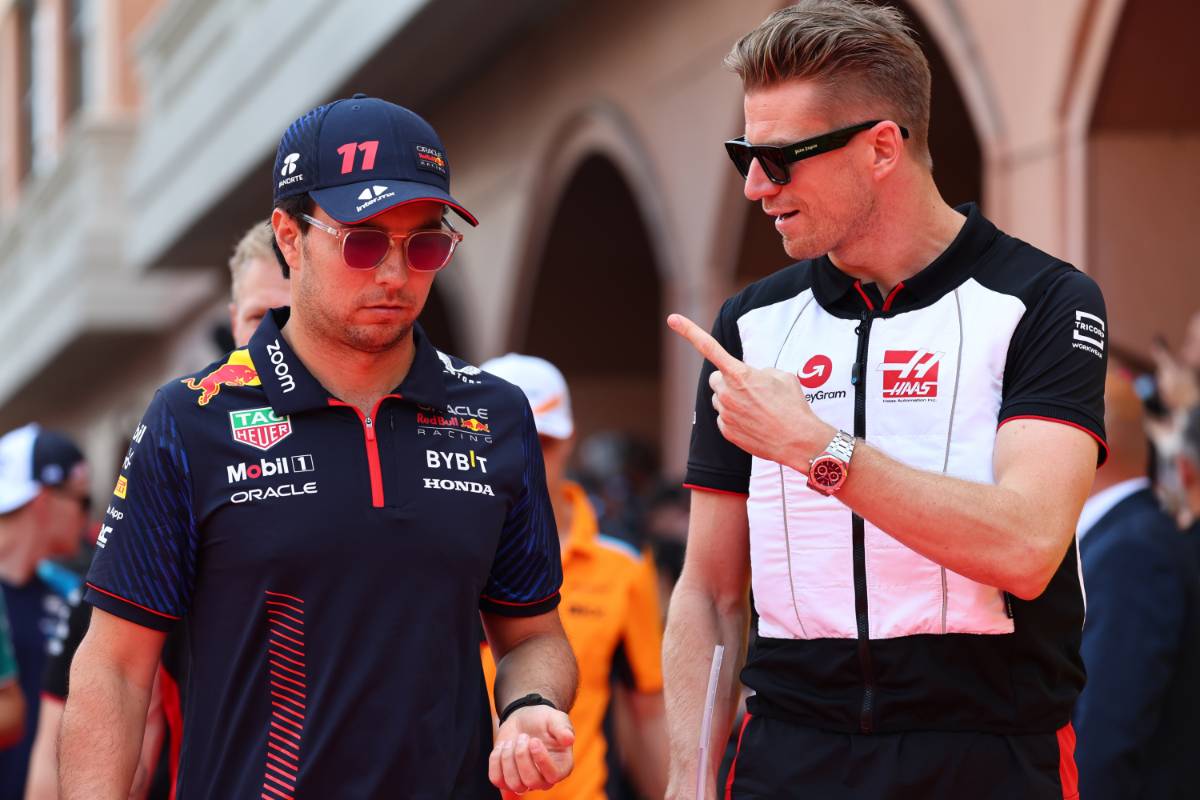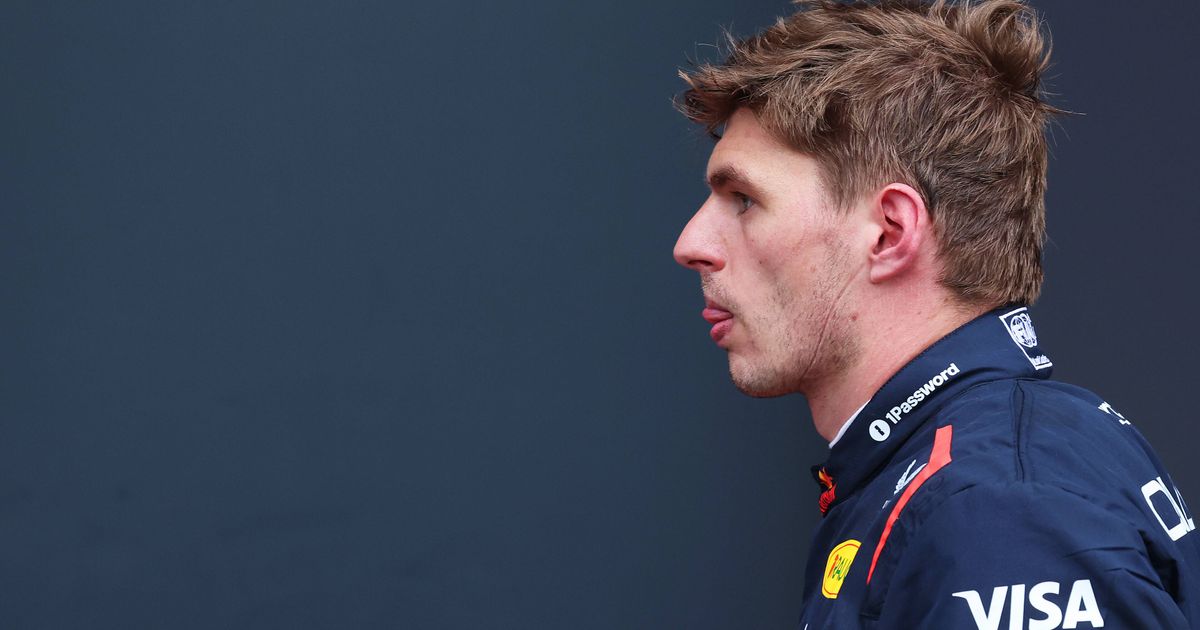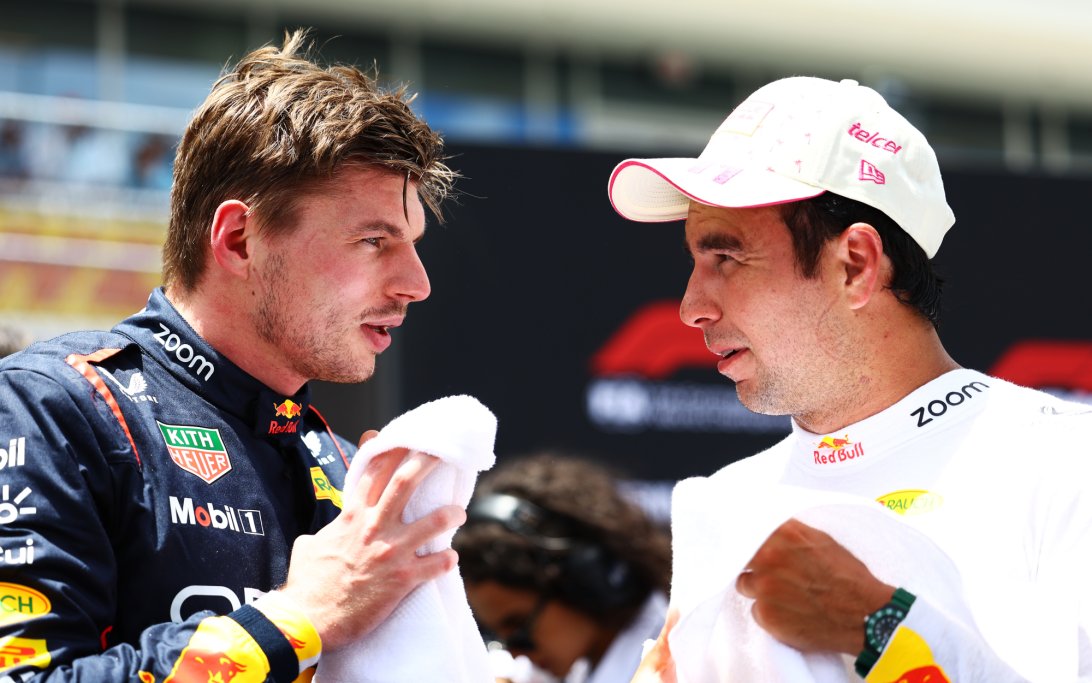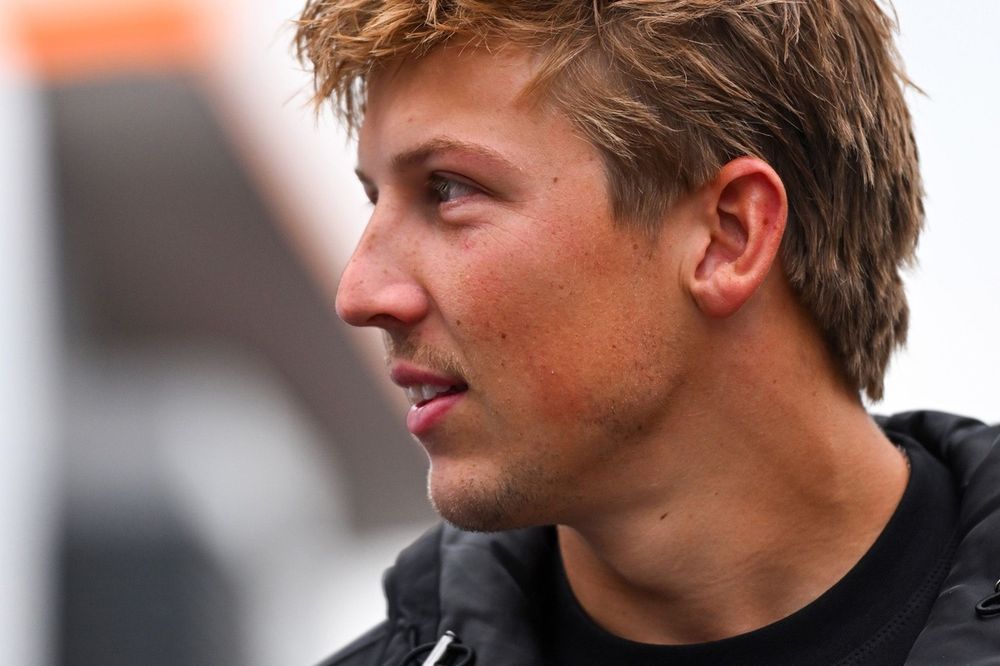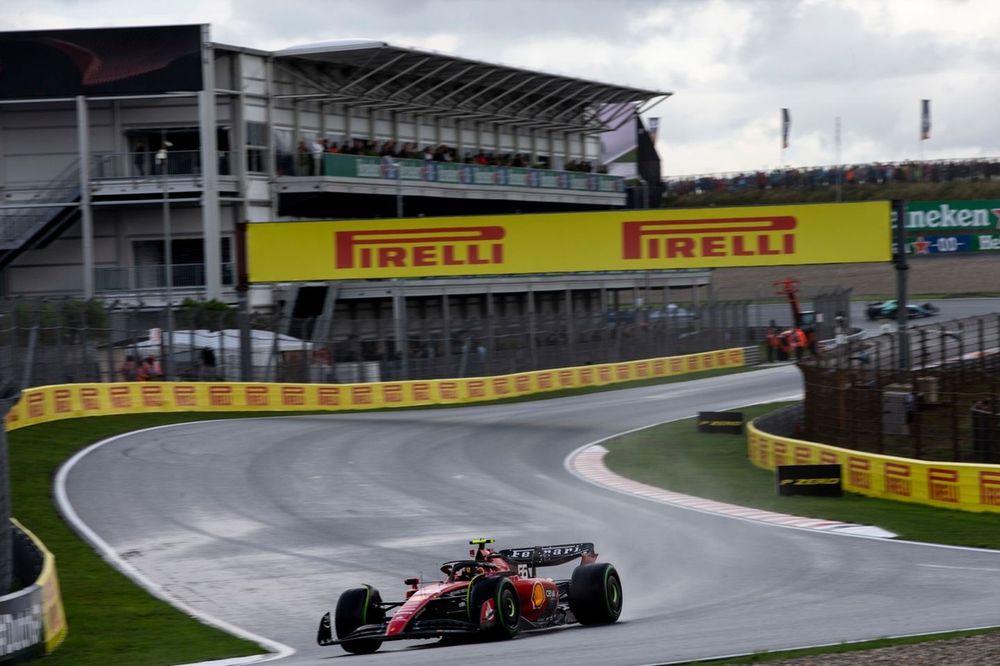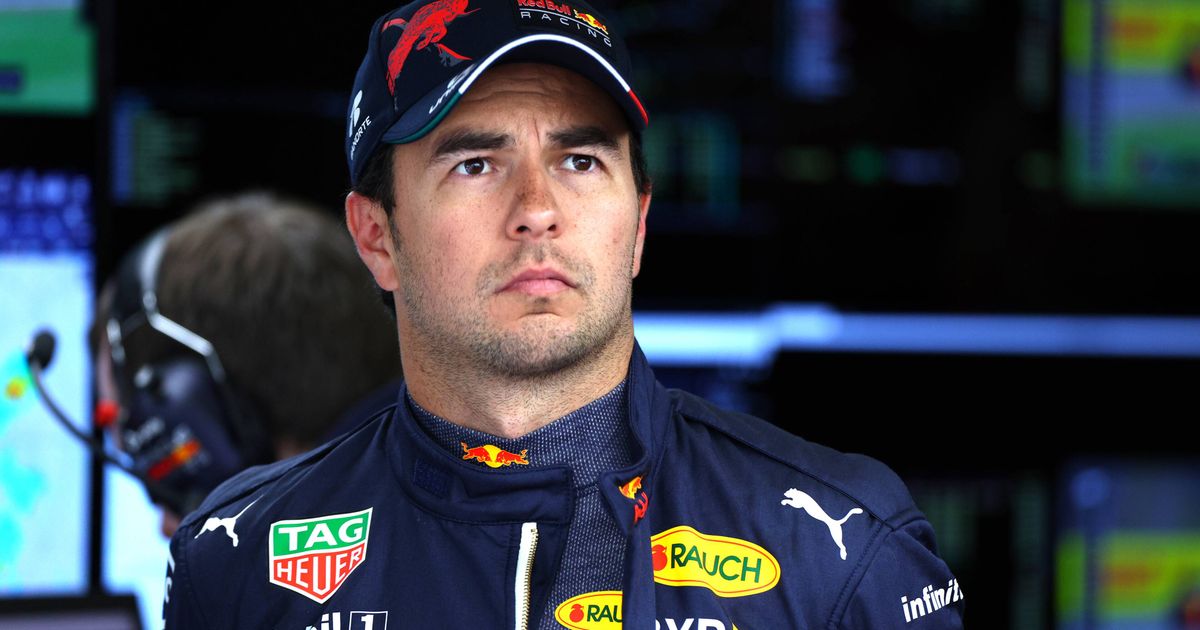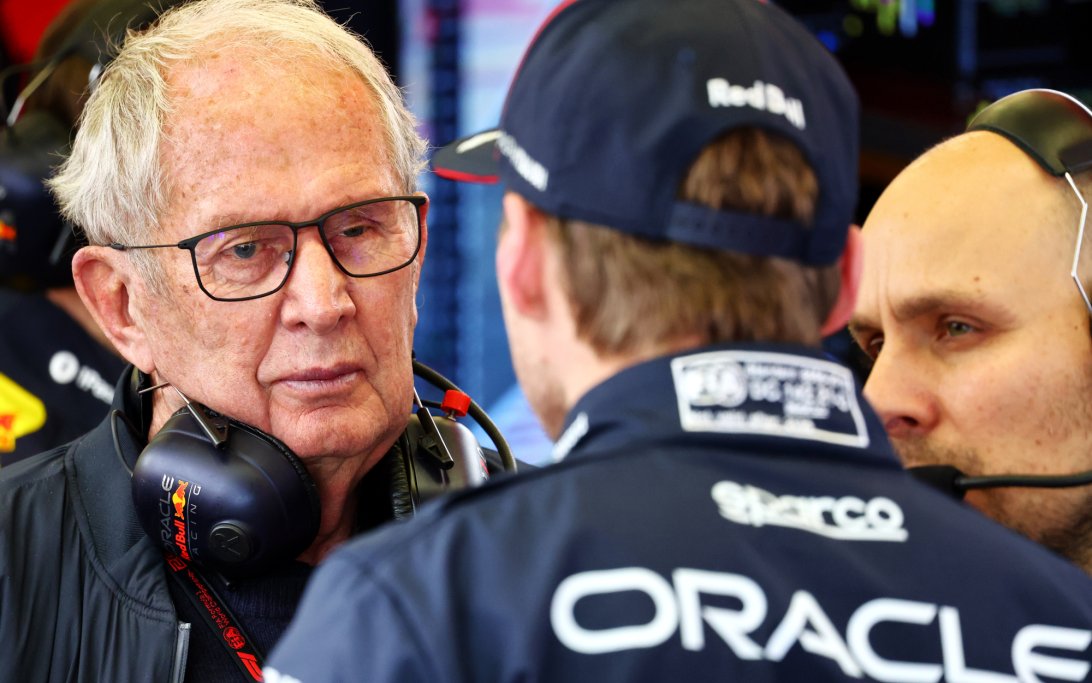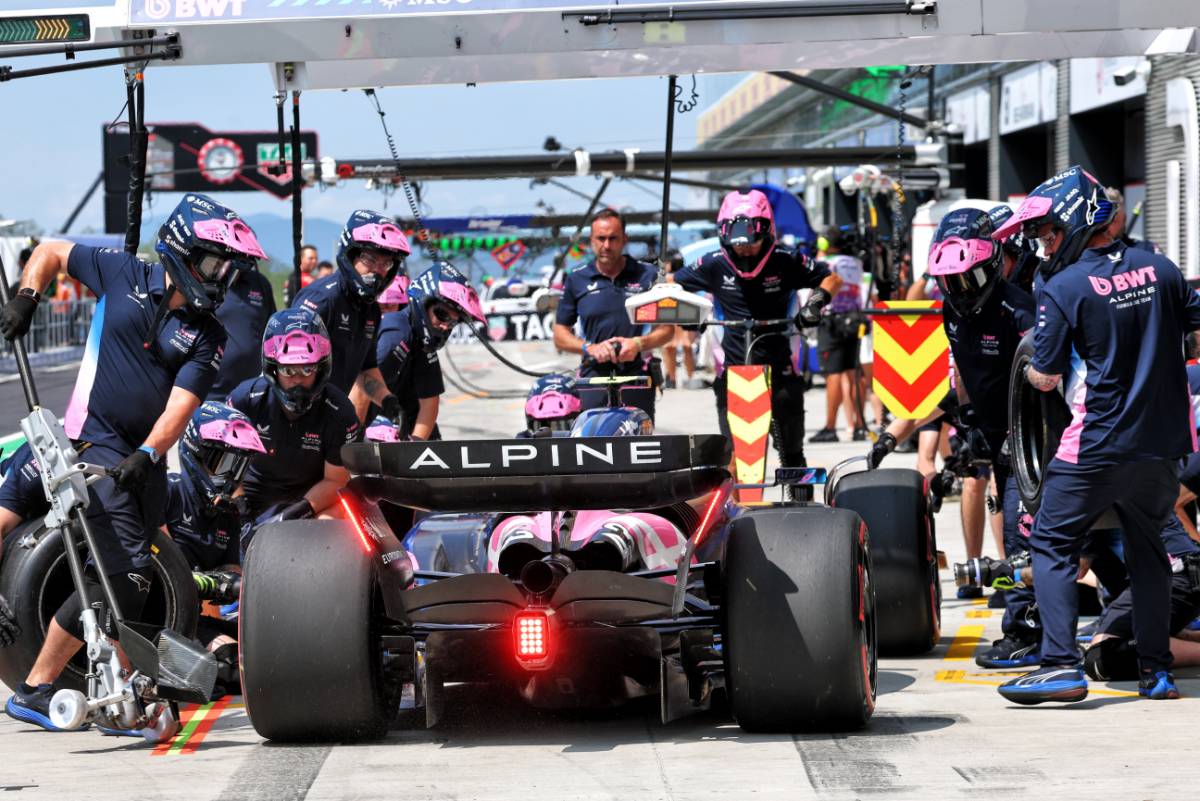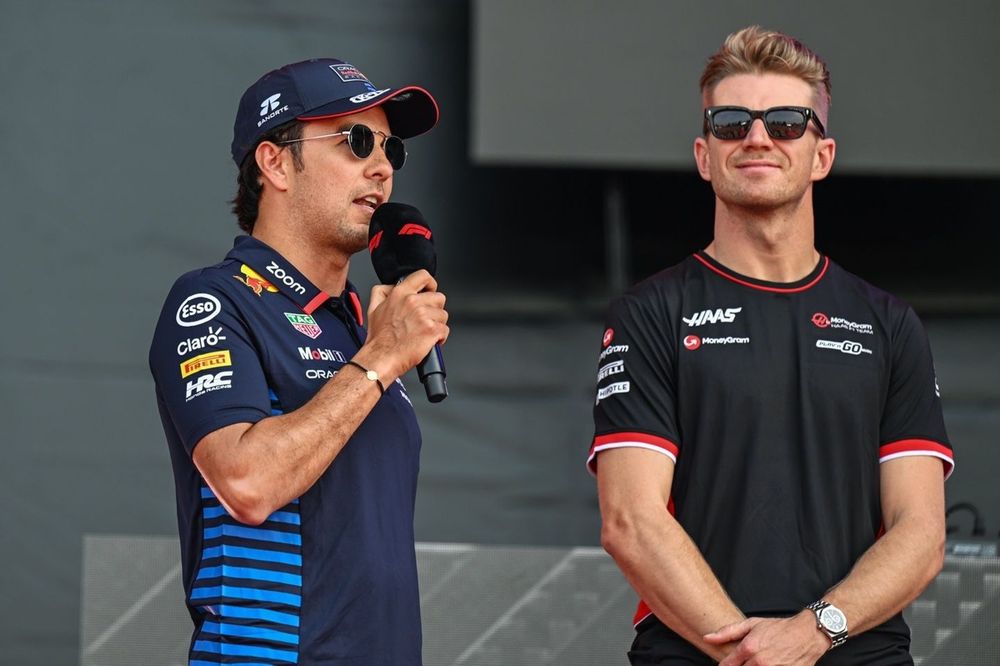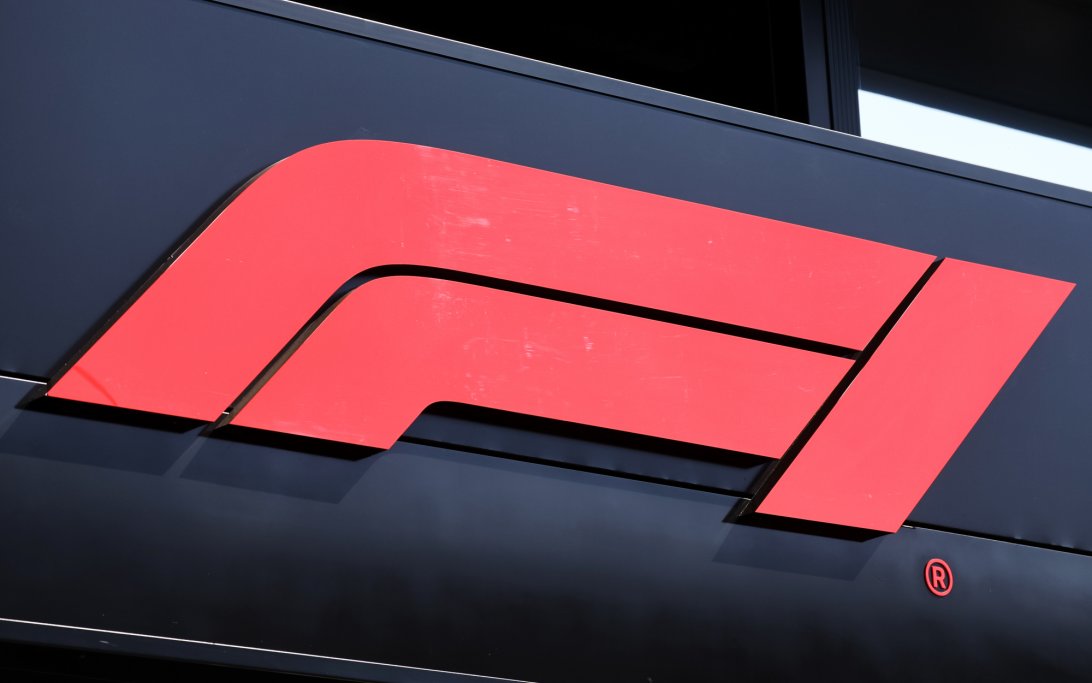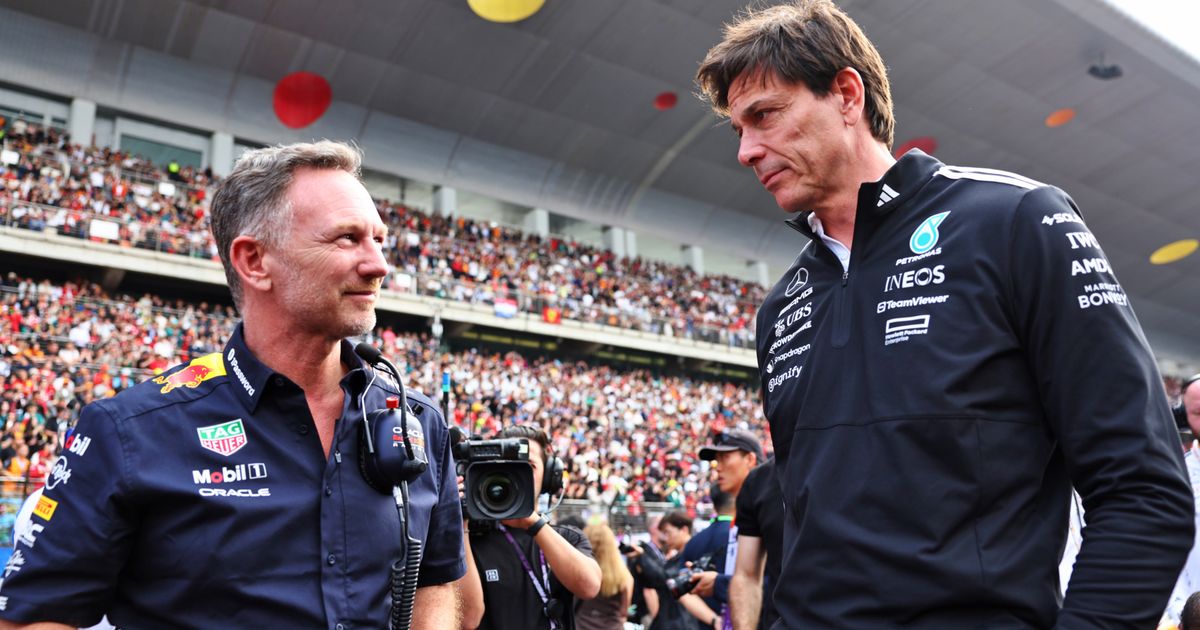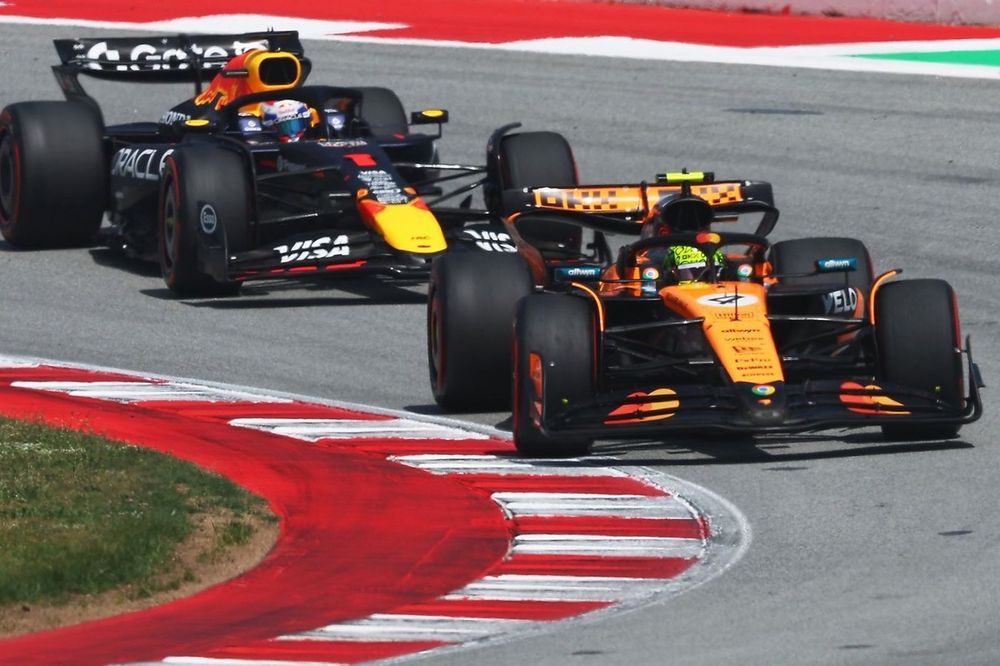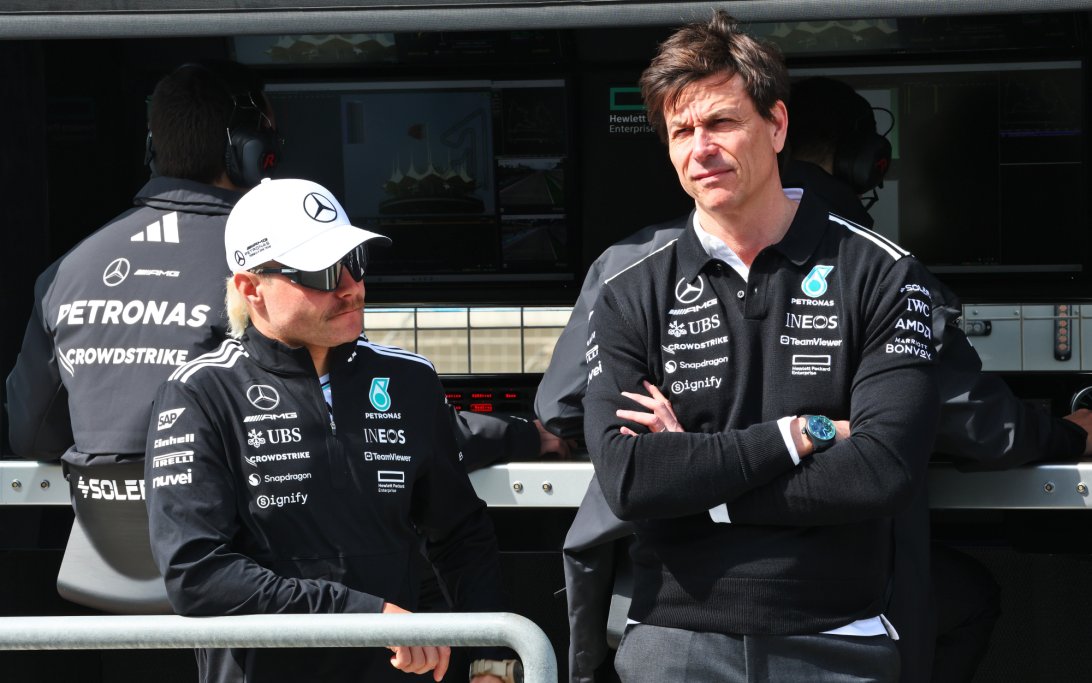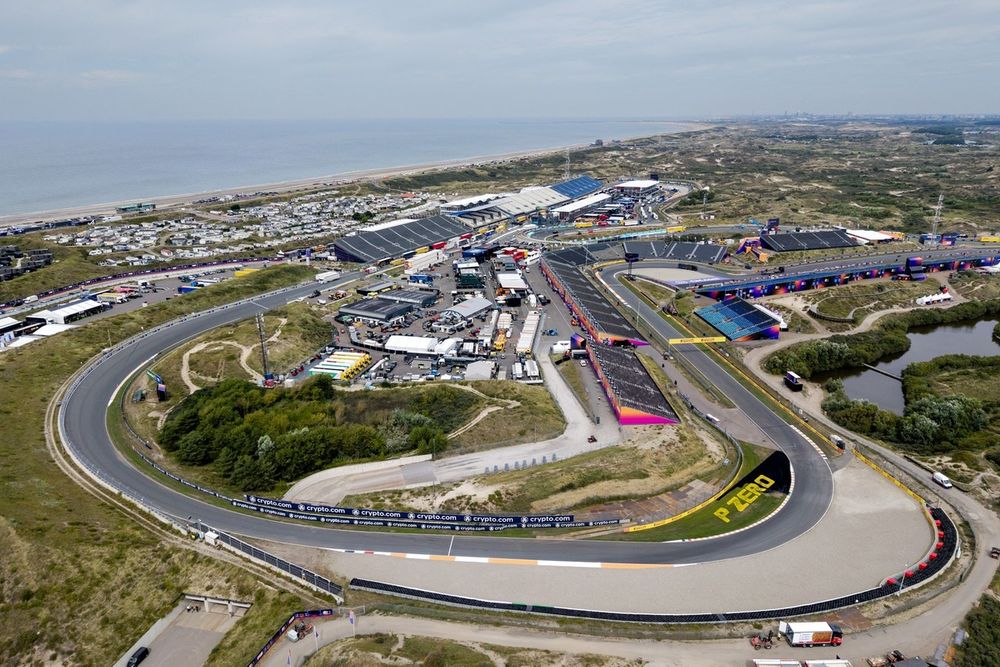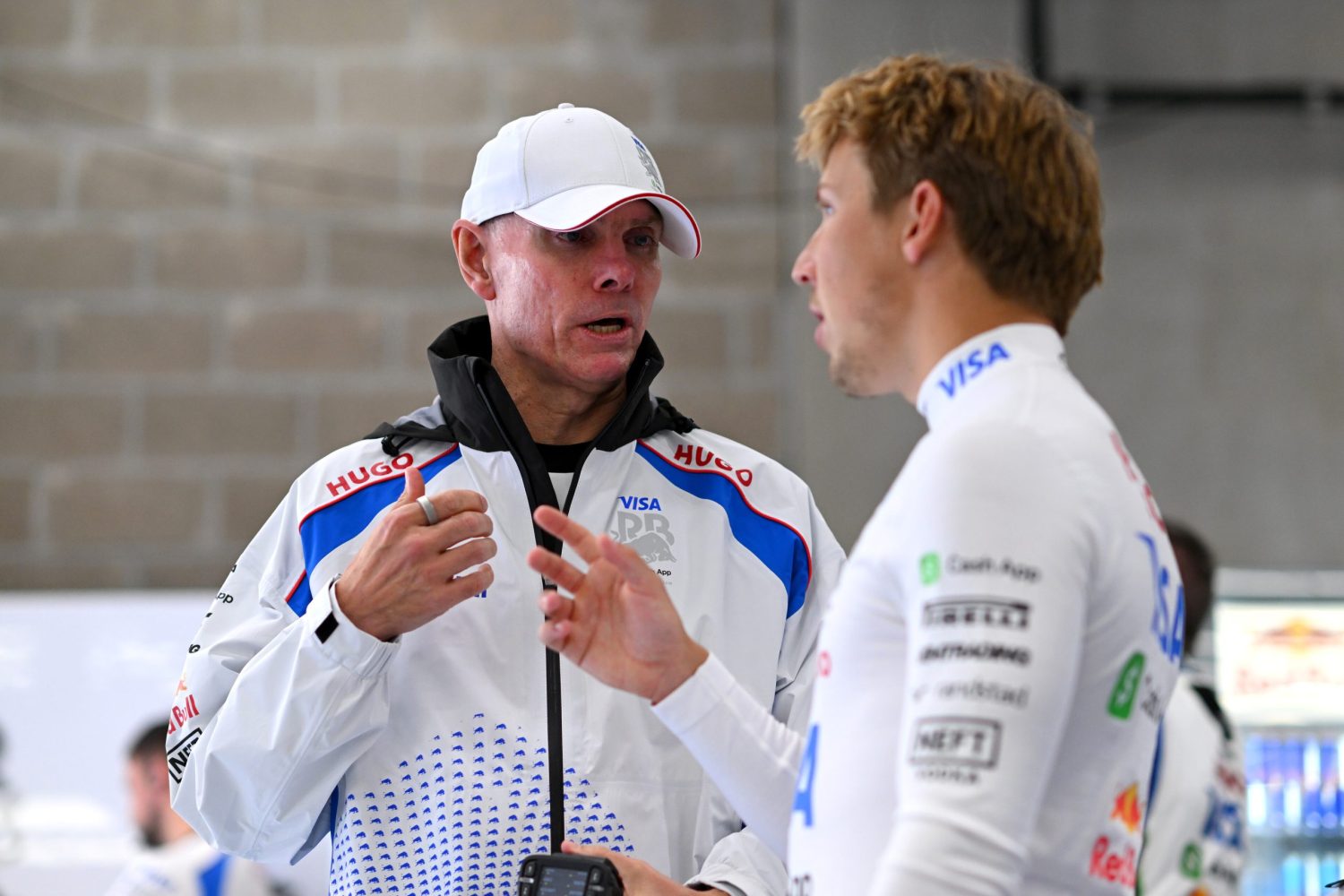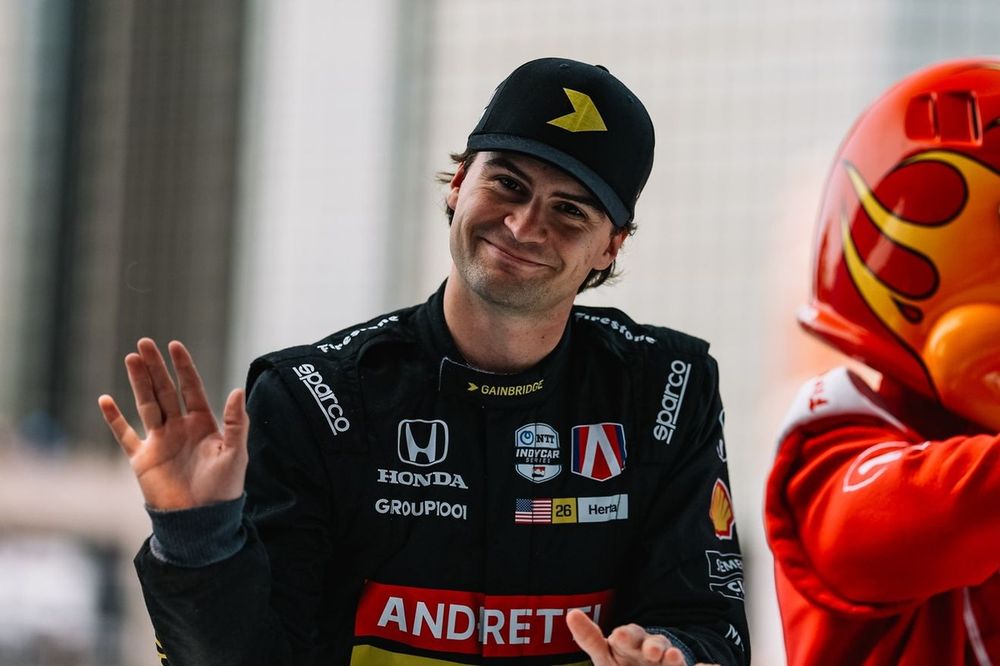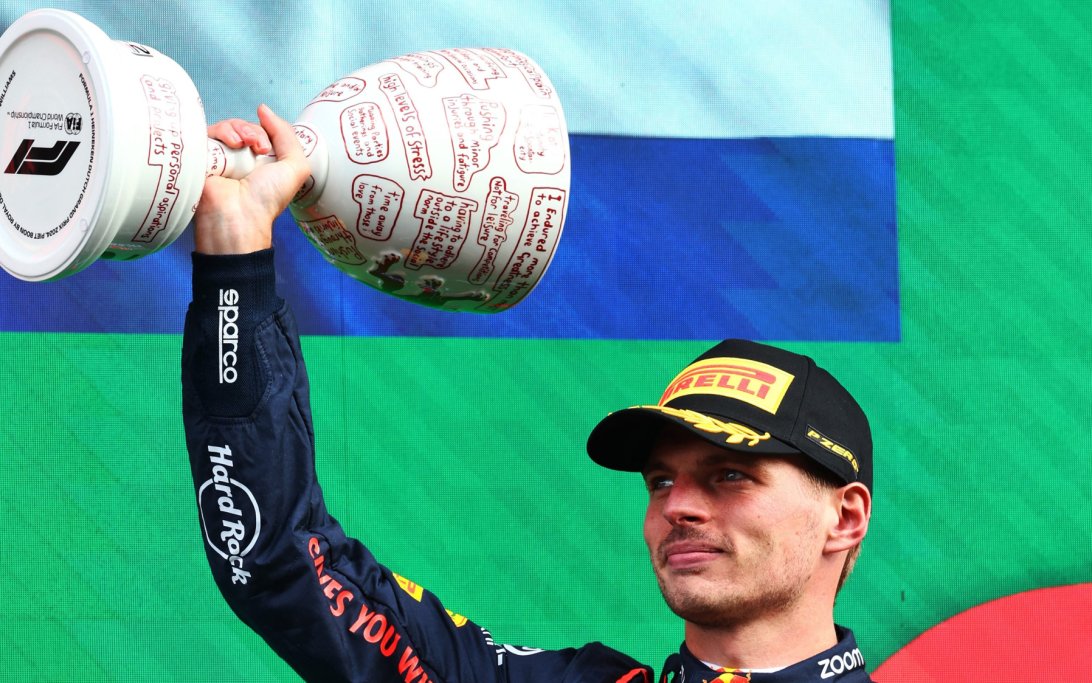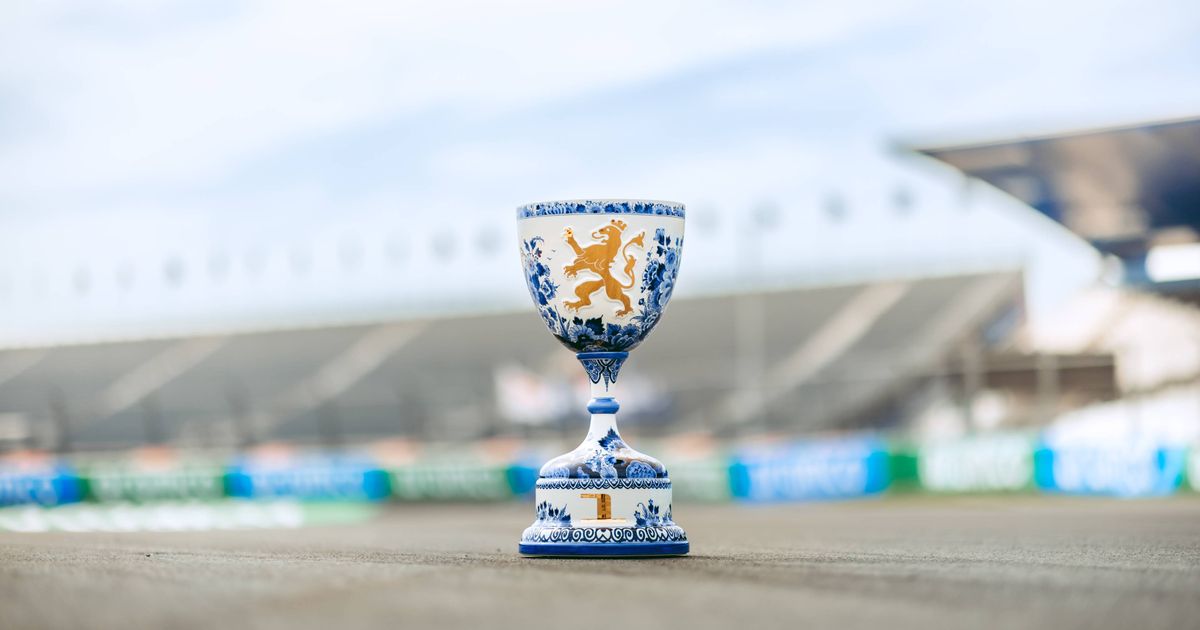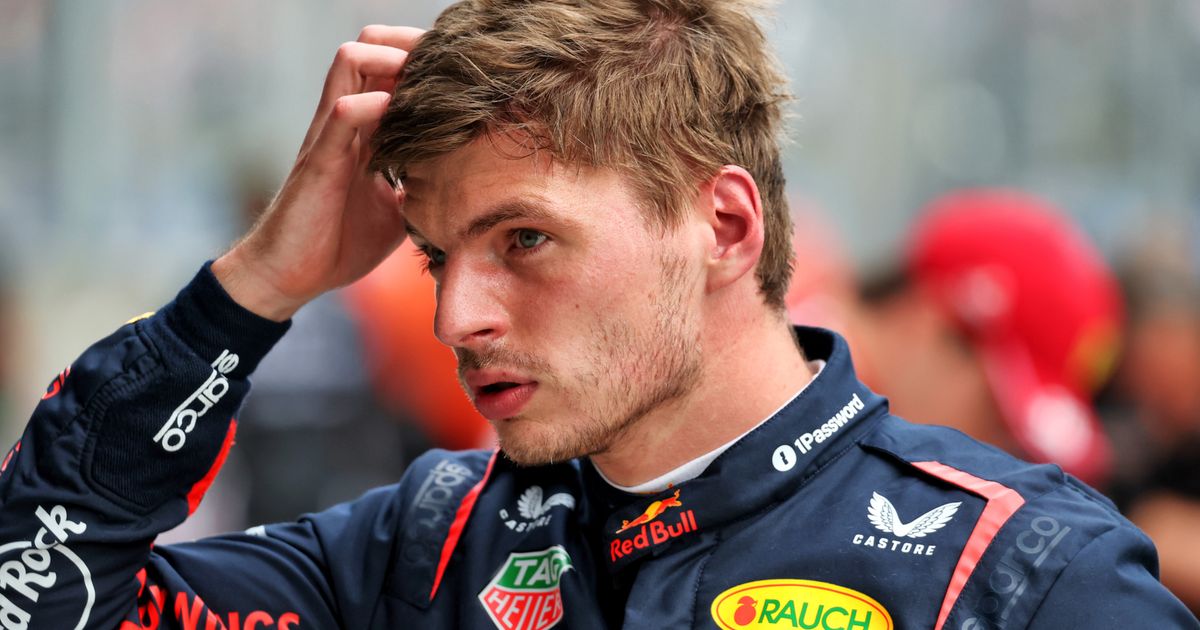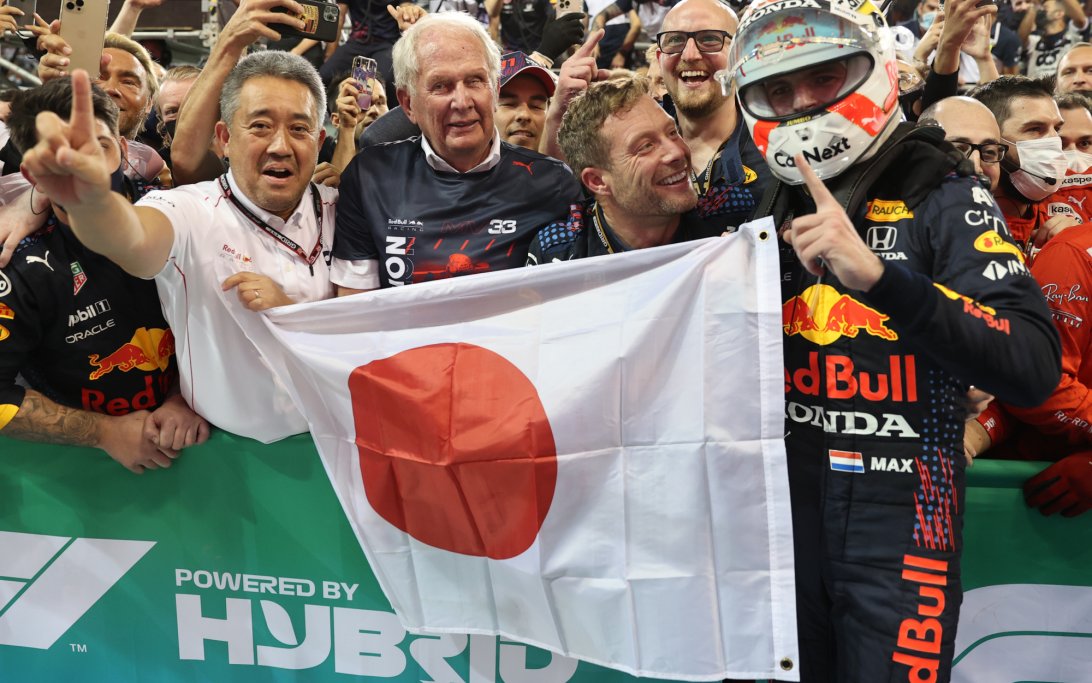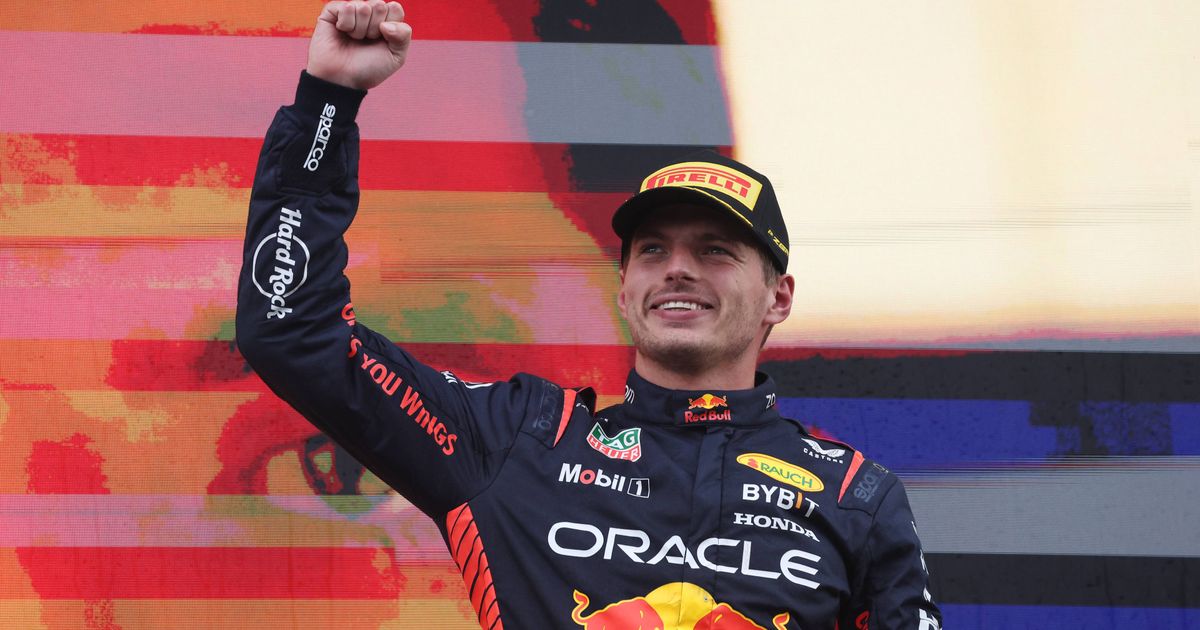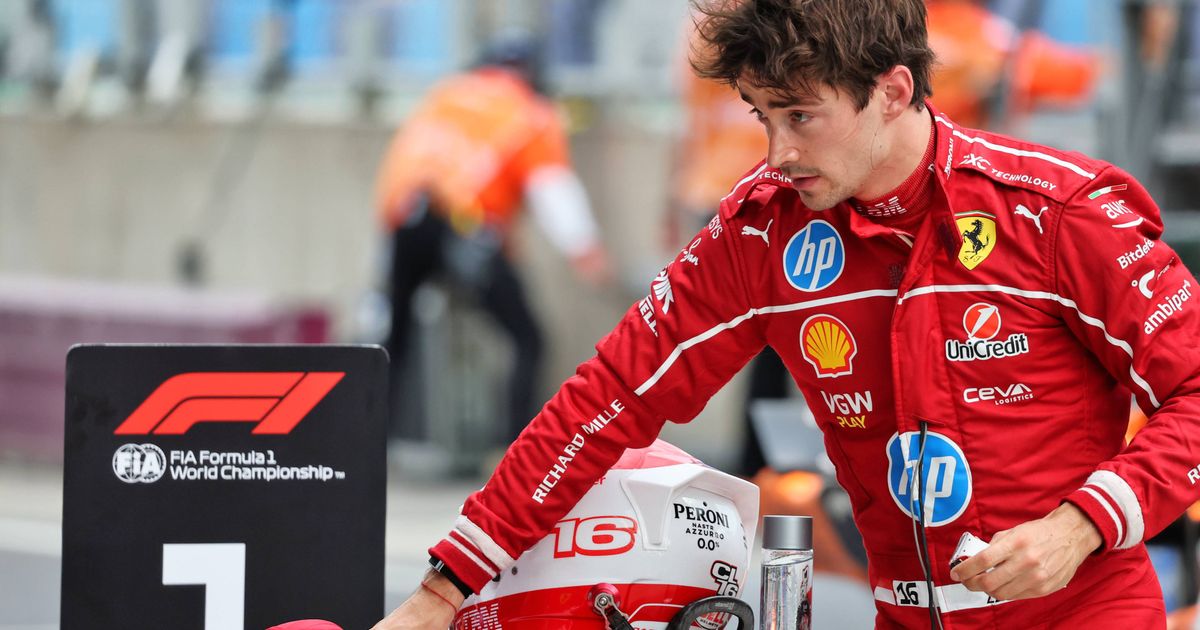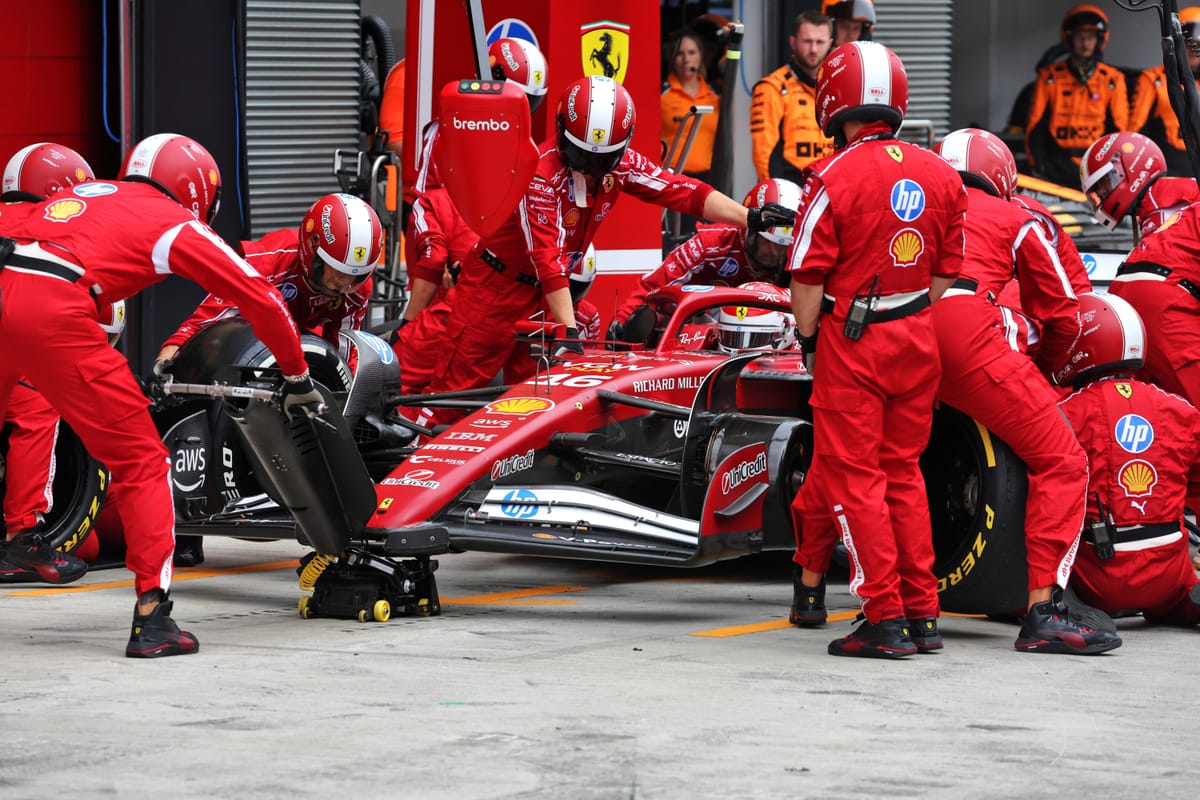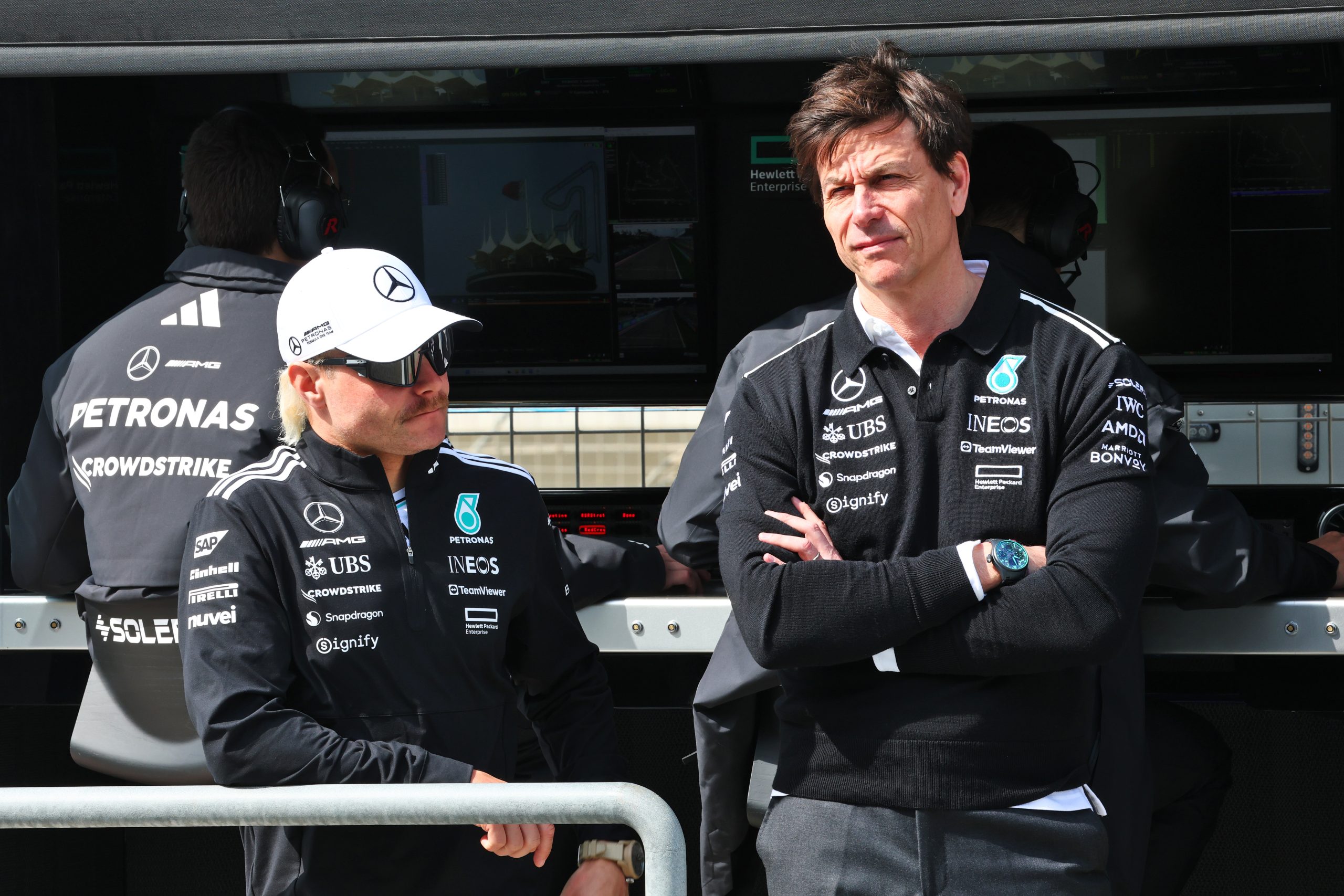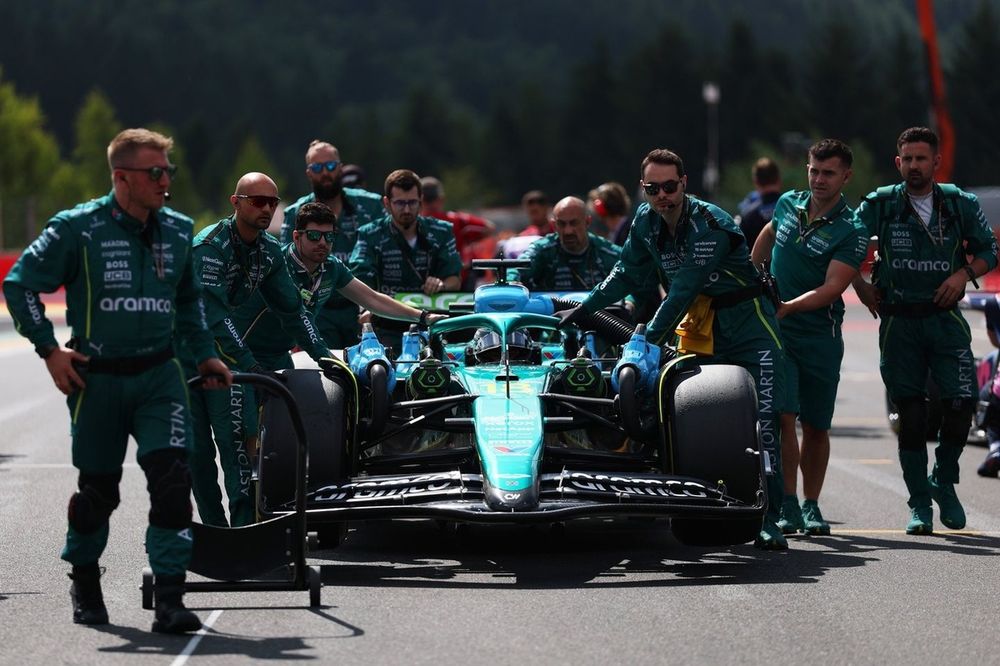Formula 1 teams will gain greater strategic freedom at Zandvoort this weekend after the FIA confirmed a significant adjustment to the sporting regulations. The pit lane speed limit for the Dutch Grand Prix has been raised from 60kph to 80kph.
Why it matters:
This change is designed to encourage more pit stops and reduce the strategic rigidity that has characterized the event in recent years. Zandvoort is notoriously challenging for overtaking, making teams reluctant to commit to multi-stop strategies.
The details:
- Previous constraint: The old 60kph pit lane restriction, a safety measure for the cramped pit area, often meant drivers lost too much time to consider a second stop.
- New flexibility: The 80kph limit, standard at most circuits, significantly cuts the time penalty, prompting teams to consider two-stop races.
- Tire choice: Pirelli further supports this prospect by bringing a softer tire allocation than last season, with C2, C3, and C4 compounds nominated for Zandvoort.
Pirelli's Historic Milestone:
This weekend also marks Pirelli's 500th Formula 1 world championship Grand Prix. Pirelli debuted at the inaugural F1 event at Silverstone in 1950, where Alfa Romeo swept the podium on Pirelli tires, with Giuseppe Farina becoming F1's first world champion.
- Long-standing presence: Across three distinct eras (1950-1958, 1981-1991, and continuously since 2011), Pirelli has been integral to F1's evolution.
- Exclusive supplier: Since becoming the exclusive tire supplier 14 years ago, Pirelli has shaped modern Formula 1's tire landscape.
- Celebration: To commemorate this achievement, all slick tires and cars at Zandvoort will feature a special “500th GP” logo. Celebrations will extend to next weekend’s Italian Grand Prix at Monza, where Pirelli is also the title sponsor.


